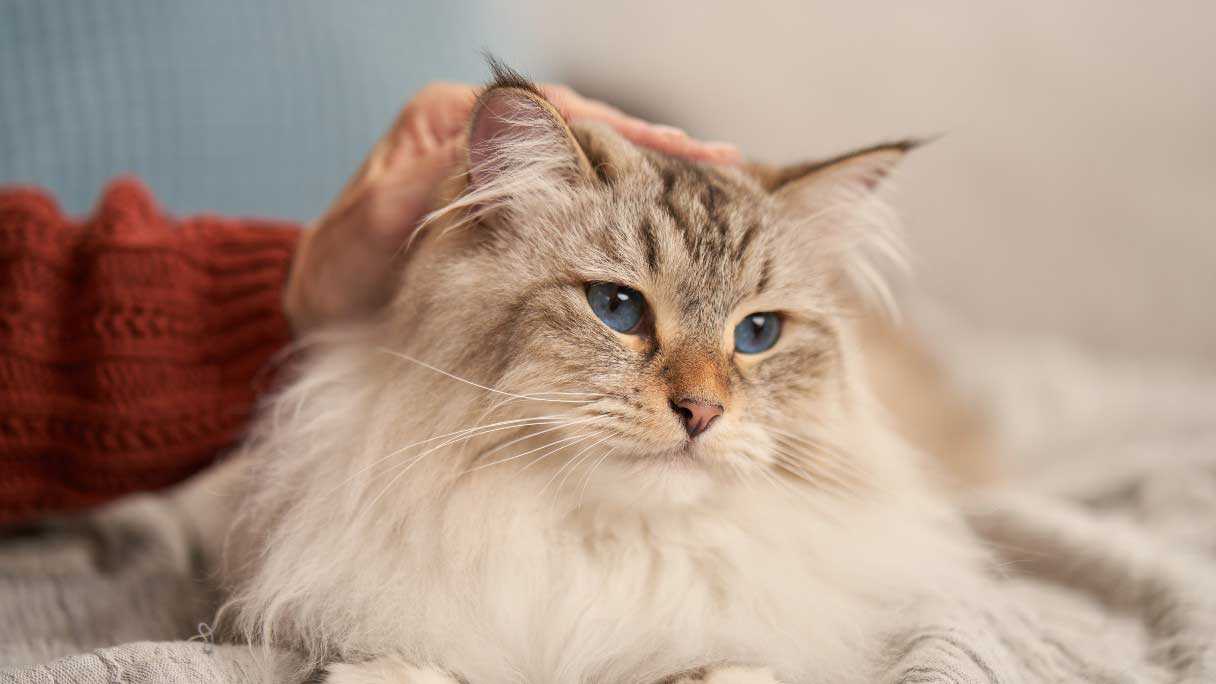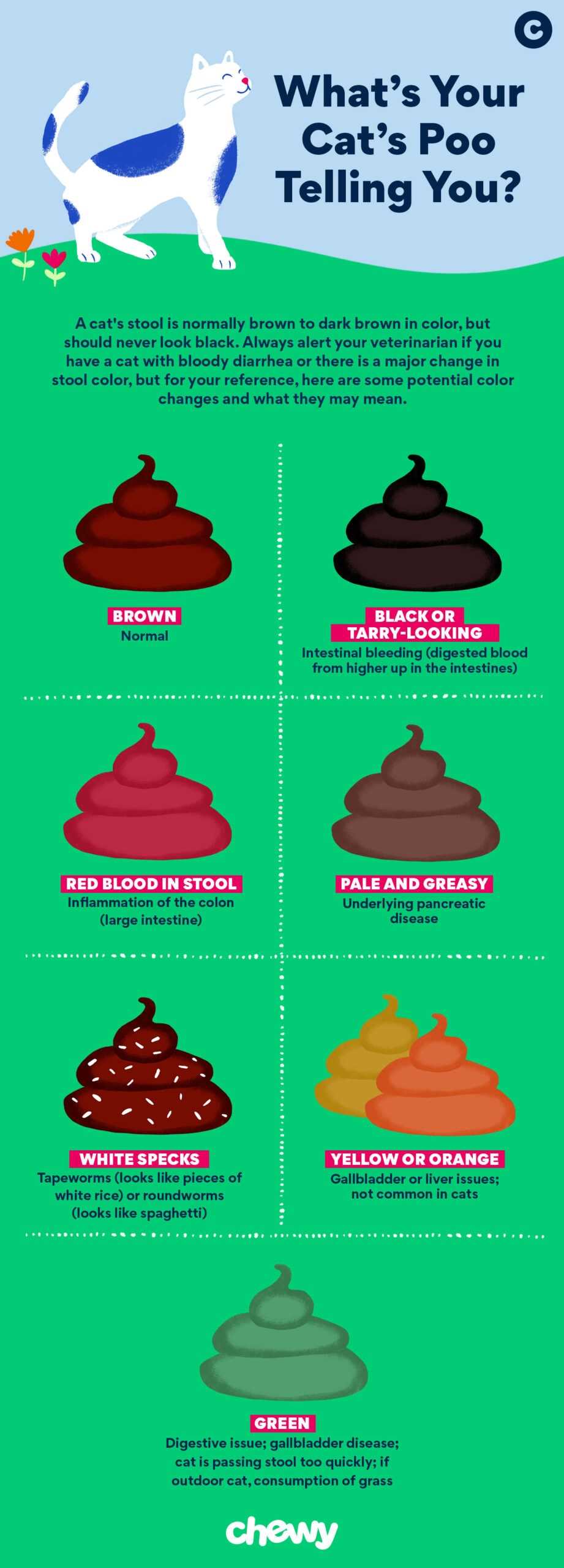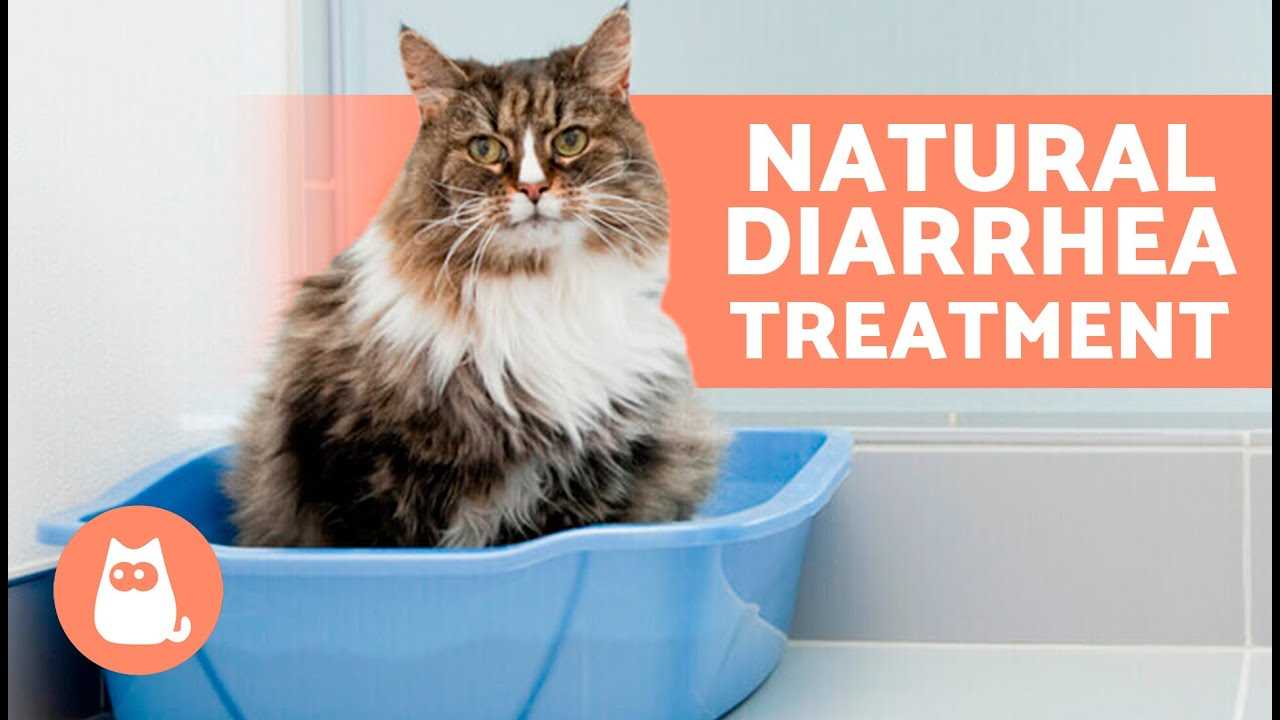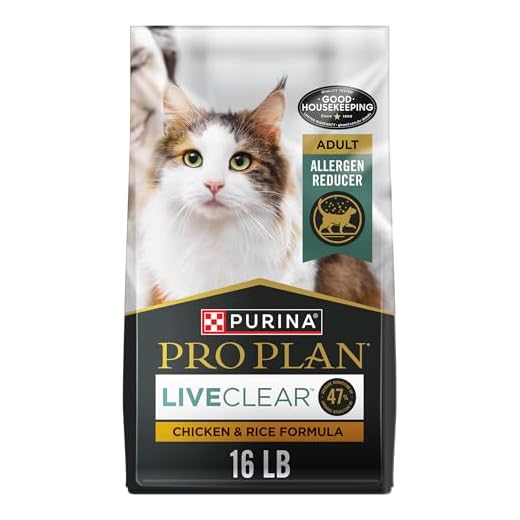



When my tummy starts to rumble and things get a bit messy, it’s usually due to dietary changes or a sneaky treat that didn’t sit well. Pay attention to what your furry friend consumes; sudden switches in food can lead to unexpected bathroom trips. If I’ve decided to sample a new flavor or snack, it’s best to introduce it slowly.
Another culprit might be stress. Loud noises, new pets, or changes in the household can upset my system. Keeping my environment calm and stable is key to avoiding those urgent trips to the litter box. If my humans notice me acting unusual or hiding more than usual, they should check for any changes around me.
Parasites can also play a role in my digestive dilemmas. Regular vet check-ups and preventive treatments are essential to keep those pesky intruders at bay. If my humans spot any unusual signs, like changes in appetite or weight, it’s time for a visit to the vet.
Lastly, some of my fellow felines might have food intolerances or allergies. If I’m having frequent issues, my humans might need to explore hypoallergenic options or consult with a vet for guidance. Monitoring what I eat and how my body reacts can help pinpoint any problematic ingredients.
Dietary Triggers
Switching up my meals can lead to unexpected digestive issues. Certain ingredients, like dairy or high-fat foods, sometimes upset my tummy. Always check labels for new treats or kibble and introduce them gradually.
Stress Factors

Stress impacts my gut health, too. Changes in my environment, like new pets or loud noises, may cause discomfort. Providing a calm space with familiar scents helps ease my anxiety, keeping my system in check.
Health Concerns

Regular check-ups are important. Parasites or infections can lead to serious issues. If I’m feeling off, a visit to the vet is necessary for proper diagnosis and treatment. Keeping an eye on my behavior helps catch problems early.
Common Dietary Triggers for Feline Diarrhea
Many foods can upset my tummy and lead to messy situations. Dairy products are often a culprit. While I might enjoy a little cream, too much can cause digestive chaos. Most of us are lactose intolerant, which means milk might not sit well.
Another possible trigger is sudden changes in my diet. When my humans switch my food too quickly, it can confuse my digestive system. It’s best for them to introduce new meals gradually over several days.
Meat and Fish Sensitivities
Some of my friends may have sensitivities to certain proteins. Chicken and fish can be delicious, but they can also lead to discomfort for some. It’s wise to monitor reactions after introducing these proteins into the diet.
Processed Foods and Additives
Commercial cat foods with artificial preservatives, colors, and fillers can irritate sensitive stomachs. Opting for high-quality, grain-free options can help minimize these issues. Always check labels for any ingredients that might not agree with my system.
Identifying Food Allergies in Your Cat
Start with an elimination diet. Remove all potential allergens from my meals, typically for 8-12 weeks. This means no treats, table scraps, or flavored medications. Only feed me a single protein source and a single carbohydrate source that I haven’t eaten before.
Watch for Symptoms
During this period, observe for signs of distress. If I have digestive issues, itchy skin, or unusual behavior, these can indicate a food sensitivity. Keep a detailed diary of my meals and any reactions. This will help in pinpointing the exact triggers.
Reintroduce Foods Gradually
After the elimination phase, reintroduce one food component at a time. Monitor me closely for about a week after each addition. If symptoms reappear, you’ve likely found a culprit. Consult a vet for guidance on managing any identified allergies. For additional tips on maintaining a healthy lifestyle, check out the best backpack brands for work.
The Role of Stress in Cat Digestive Issues
Stress can significantly affect my tummy. Changes in environment or routine often lead to digestive disturbances. It’s essential to identify stressors to maintain gut health.
Common Stress Triggers

- Moving to a new home
- Introduction of new pets
- Changes in daily schedule
- Loud noises or disruptions
These factors can lead to anxiety, which may manifest as loose stools. I recommend keeping my surroundings calm and introducing changes gradually.
Signs of Stress-Related Digestive Issues
- Frequent trips to the litter box
- Changes in appetite
- Hiding or avoiding interaction
- Excessive grooming
If I exhibit any of these signs, it’s crucial to evaluate the stressors in my environment. Providing engaging activities, such as cat toys for active cats, can help alleviate anxiety.
Maintaining a stable environment is key to promoting digestive health. Regular playtime and affection can help reduce stress levels, leading to a happier and healthier me!
When to Consult a Veterinarian for Diarrhea
If my stool has been watery for more than 24 hours, it’s time to see a vet. Extended loose stools can indicate a more serious condition that needs addressing.
When I notice other symptoms, like vomiting, lethargy, or loss of appetite, these are red flags. Any combination of these signs with diarrhea should prompt a visit to the clinic.
Age matters too. Young ones or senior felines are more vulnerable. If my little friends or older companions exhibit diarrhea, they require immediate attention.
Changes in behavior, such as hiding or excessive grooming, can hint at discomfort. If I’m acting differently, that’s a signal for my human to consult a professional.
Lastly, if I’ve consumed anything unusual–like plants, chemicals, or spoiled food–seeking veterinary help is smart. Quick action can prevent more serious complications.
Preventive Measures to Maintain Your Cat’s Digestive Health
Regular feeding schedules help keep my tummy happy. I enjoy my meals at the same time each day, which promotes a steady digestive rhythm.
High-quality, balanced nutrition is key. I stick to premium cat food with real meat, avoiding fillers and artificial additives. This ensures I get all the nutrients I need without upsetting my stomach.
Hydration is equally important. Fresh water should always be available, as staying hydrated supports overall digestion. I prefer a water fountain; it makes drinking more fun!
Introducing new foods gradually prevents sudden dietary shifts. Mixing a small amount of the new food with my regular kibble over several days allows my system to adjust without stress.
Regular veterinary check-ups are essential. I get routine health screenings to catch any potential issues early. My vet also provides tailored dietary advice based on my unique needs.
Maintaining a stress-free environment is crucial. I avoid loud noises and sudden changes in my surroundings, which can upset my stomach. Having cozy spots to retreat to helps me feel safe.
Lastly, regular exercise keeps my body in shape and aids digestion. I enjoy playful activities that stimulate my mind and body, helping to prevent any digestive mishaps.
FAQ:
What are some common causes of diarrhea in cats?
Diarrhea in cats can be caused by various factors. One common reason is dietary changes, such as introducing new foods or treats that their digestive system isn’t used to. In some cases, cats may also have food intolerances or allergies that lead to gastrointestinal upset. Additionally, infections caused by bacteria, viruses, or parasites can result in diarrhea. Stressful situations, such as moving to a new home or the introduction of a new pet, can also affect a cat’s digestive health. Lastly, underlying health issues like inflammatory bowel disease or hyperthyroidism can contribute to this condition. If diarrhea persists or is accompanied by other symptoms, it’s advisable to consult a veterinarian for a thorough evaluation.
How can I help my cat recover from diarrhea at home?
If your cat is experiencing diarrhea, there are several steps you can take at home to help them recover. First, ensure they have access to fresh, clean water to prevent dehydration, which is a significant concern with diarrhea. You might consider fasting your cat for 12 to 24 hours to give their digestive system a break. After the fasting period, gradually reintroduce a bland diet, such as boiled chicken or rice, in small amounts. Monitor their behavior and stool consistency closely during this time. If the diarrhea doesn’t improve within a couple of days or if your cat shows signs of distress, lethargy, or dehydration, it’s important to seek veterinary care. Professional guidance is crucial, especially if there are underlying health issues.










